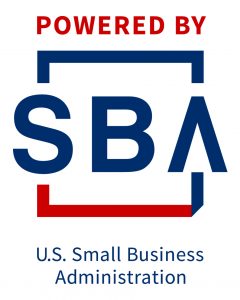What’s Your Emergency Plan
Do you have an emergency plan? If you do have you updated it recently. If the horrific collapse of the condos in Miami illustrate – bad things can and do happen when you least expect it – so it’s good to be prepared.
Click here if you’d like to help the victims of the Surfside Condo collapse.
In fact, you should have several plans. Not all emergencies require the same kind of action, so have plans in place for various scenarios. In Jacksonville, FL we plan for hurricane. That can mean boarding up the windows or it can mean leaving the area until the all clear has been given to return. Depending on the situation you will need a different approach to the emergency.
Evacuation – If you need to get out of the area for whatever reason – hurricane, chemical spill, fire – it’s a good idea to have a go-bag ready at all times. The go-bag should include basic camp gear such as cooking apparatus, utensils, a way to make fire for cooking (matches or flint), food – freeze dried keeps longest and is easiest to carry since it is light, water or the ability to sterilize water found in a local river or stream, sleeping bags, rain gear, tent etc. Weapons may or may not be appropriate and if you do not know how to handle a weapon such as a gun carrying one might create a bigger risk.
If you evacuate you’ll want to also do your best to make sure your home is locked up and secured as best as possible. You may not be able to prevent a storm from tearing off your roof, but you can do several things to make your home or business more difficult to loot. Of course, if you have to evacuate quickly you might not get a chance to board up your home or business.
Keep your important papers such as identification, insurance info etc in a safe and easy to access space so you can quickly grab if necessary. In todays digital age you can probably make do without the actual papers and access them online through your phone, so be sure to grab your phone.
Notify family where you will be going and check in often. If meeting up with other people have a check point chosen in advance of any emergency. This is why drills are important.
Sheltering in Place – If you plan to shelter in place – depending on the emergency – you’ll want to prepare your home to endure the coming emergency. Most of the time it means boarding up windows and doors to prevent glass breakage from strong winds or water surges. If you’ve got a generator the time to make sure it is gassed up and functioning is before the storm hits.
Odds are pretty good that your home will suffer a power outage during any weather emergency. A back up generator is great, but if you don’t have one make sure you have plenty of candles, flashlights and battery packs so you can recharge your phones. Use phones sparingly so as not to run down the battery. Text uses less energy than a phone call.
First Aid – No matter what kind of plan – evacuation or shelter in place – you should have a well stocked first aid kit on hand. Knowing how to do CPR can be the difference between saving a life and watching a loved one die. You can learn CPR online as well as basic first aid if you don’t already know it.
Communicate – You’ll also need a plan to communicate with family. Make sure you have a list of everyone’s phone number. Not just stored in your phone, but a physical list you can access if your phone goes missing or becomes unfunctional.
Practice – It’s great to have a plan in place, but if you don’t practice it it can all fall apart. Practice your emergency plan once a month – especially if you have younger children – and make sure everyone knows what they are supposed to do.
For more information on creating an emergency plan please visit Ready.gov.



